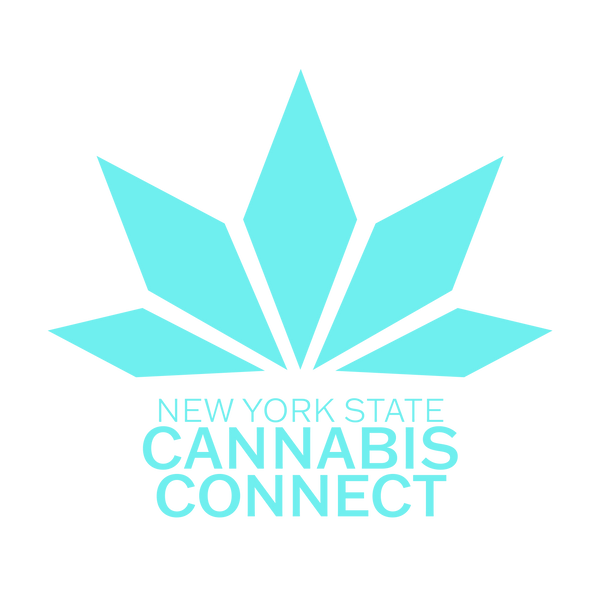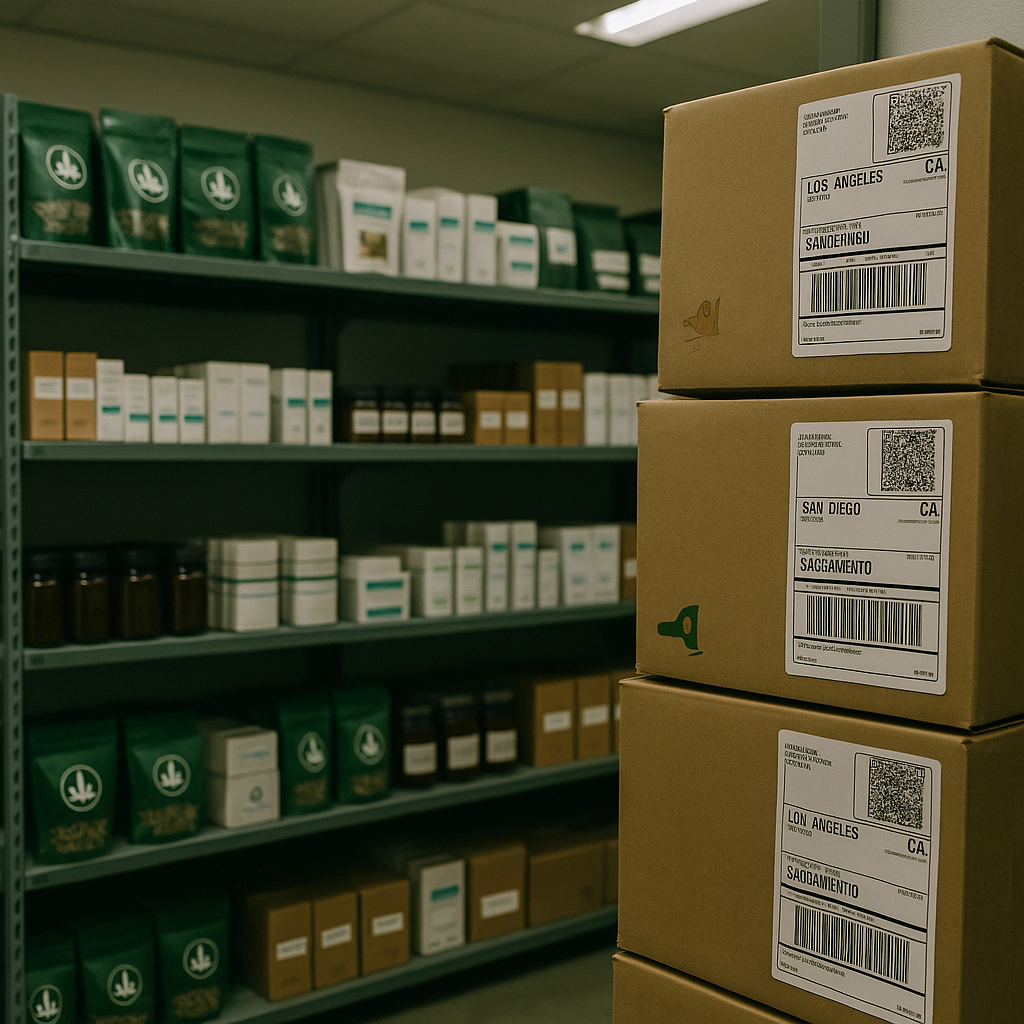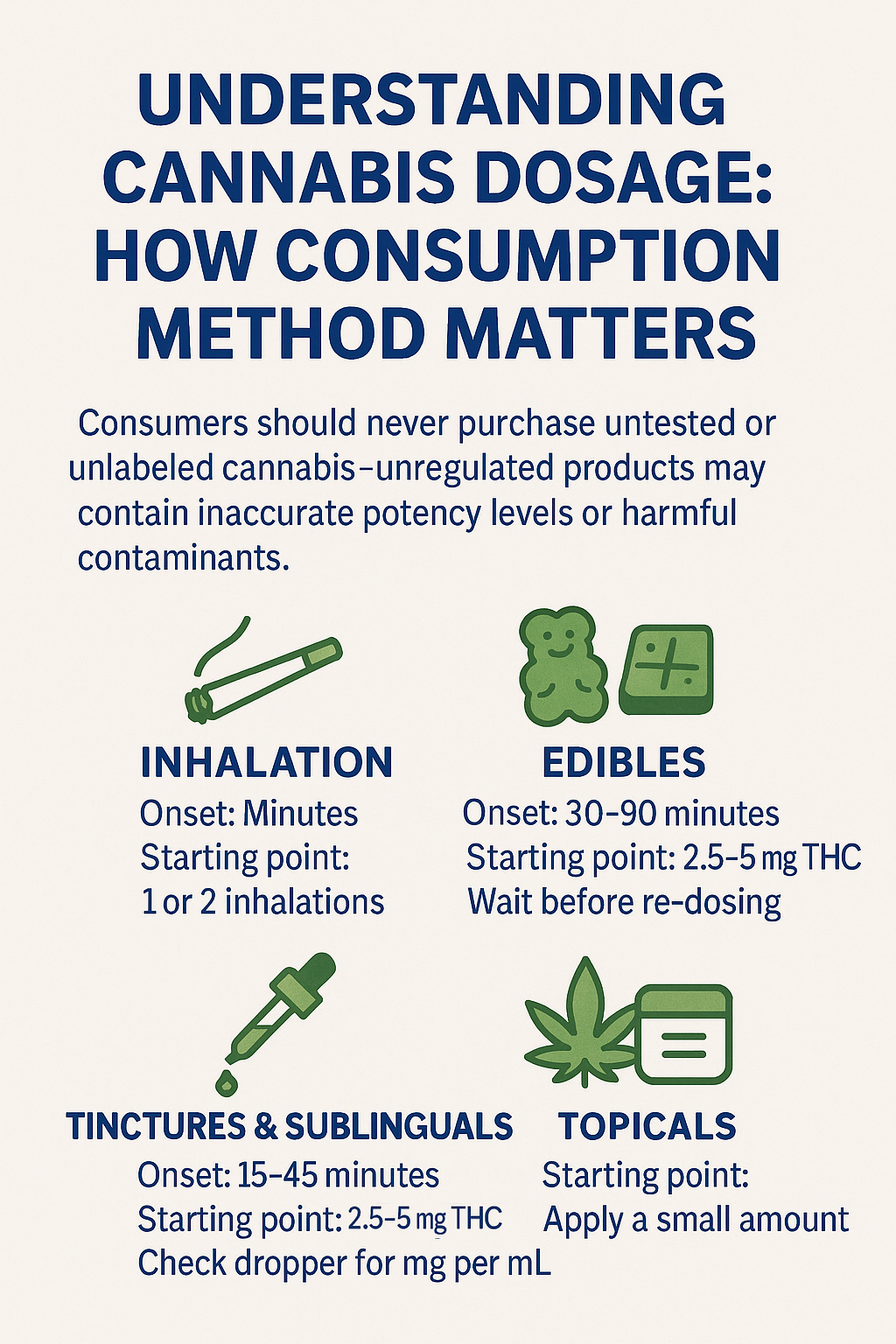In the burgeoning legal cannabis market of New York, a practice known as inversion is creating serious headwinds for licensees, workers, and consumers alike. At its core, inversion refers to the funneling of unregulated, out-of-state, or illegally produced cannabis products into the licensed supply chain, often through the guise of a legitimate processor or licensee (Cannabis Business Times, 2025).
Defining Inversion
Inversion occurs when a licensed entity in the regulated market allows—knowingly or unknowingly—products from outside the state’s legal framework, often produced in oversupplied states, to enter the legal market under the appearance of compliance. According to state and industry sources, licensees estimate that 30 percent to 80 percent of products sold in licensed dispensaries may have been trafficked or otherwise untracked (Spectrum Local News, 2025).
In one recent case, the Office of Cannabis Management (OCM) charged a Long Island-based processor, Omnium Health Inc., with allowing unlicensed operators to use its facilities and sell THC isolate sourced outside the regulated system (MJBizDaily, 2025). This case became the first major public enforcement example of what OCM now classifies as a “rent-a-license” or inversion scheme.
How Inversion Hurts Licensees
For legitimate operators who have invested capital and time to comply with New York’s complex cannabis regulations, inversion poses a direct threat to fairness and profitability. When untracked product floods the market, it undercuts prices, devalues compliant products, and discourages new legal entrants (Marijuana Moment, 2025).
Because inverted products bypass regulatory costs—testing, traceability, and licensing fees—compliant businesses operate at a competitive disadvantage. Omnium Health’s reported “license rental” practice, for instance, allegedly allowed illicit operators to profit without any of the state’s oversight or expense (MJBizDaily, 2025). As one industry advocate stated, “Our market cannot survive when fraud is easier than compliance” (Marijuana Moment, 2025).
Consumer Safety and Community Impacts
Beyond market fairness, inversion raises significant consumer-safety concerns. Licensed products in New York must undergo lab testing for potency, pesticides, mold, and contaminants, and all products must be tracked through the state’s seed-to-sale system. Inverted products, however, bypass these safeguards, meaning consumers could be purchasing untested and potentially unsafe items (GreenState, 2025).
OCM’s recall of Omnium-linked products demonstrates the urgency of this issue—within 24 hours of discovery, regulators quarantined millions of dollars in unverified product (Spectrum Local News, 2025). Without transparency, the state’s legal market risks losing consumer confidence, one of the core justifications for legalization.
Moreover, communities disproportionately impacted by cannabis prohibition—who were promised equitable access, training, and reinvestment through the Marihuana Regulation and Taxation Act (MRTA)—are the ones who lose the most when illicit product infiltrates the legal system. Each inversion case undermines social-equity goals, weakens community reinvestment, and erodes the credibility of the state’s restorative-justice mission.
Workforce and Job Losses
The economic ripple effects of inversion extend directly to the workforce. The MRTA envisioned cannabis as a driver of tens of thousands of new jobs in cultivation, retail, and ancillary sectors (Cornell University, 2022). Estimates projected 50,000 cannabis-related jobs by 2027, provided the market remained stable and compliant.
However, inversion destabilizes that job base. Illicit supply entering licensed channels cuts legitimate operators’ profit margins, forcing some to reduce hiring or close altogether. According to national estimates, the U.S. cannabis workforce already represents more than 425,000 full-time jobs, but New York’s share of that “green workforce” is at risk if compliance falters (MMJ Daily, 2025).In addition, inverted operations divert economic activity away from local workers, training programs, and unions that form the foundation of a healthy, regulated economy (New York State Department of Labor, 2024). When businesses cheat the system, they also cheat New Yorkers out of the very jobs legalization was meant to create.
Direct Impacts with Data
- Between 30% and 80% of licensed products may be inverted or trafficked (Spectrum Local News, 2025).
- In one investigation, approximately $10 million in cannabis products were quarantined by regulators linked to inversion practices (Marijuana Moment, 2025).
- New York’s potential 50,000 cannabis jobs depend on stabilizing the legal supply chain (Cornell University, 2022).
Why It Matters Now
As “Croptober” harvest season brings new product into the supply chain, enforcement is tightening. OCM’s newly formed Trade Practices Bureau (TPB) is now tasked with investigating inversion and unfair trade practices, including unlicensed sourcing and fraudulent partnerships (New York State Office of Cannabis Management, n.d.).
If left unchecked, inversion will erode market integrity and threaten the broader legalization framework. For community stakeholders, workforce advocates, and social-equity partners, it is a warning: inversion steals from all of us—our jobs, our tax revenues, our consumer trust, and our public safety.
What Can Be Done
- Stronger enforcement: Civil penalties must escalate into license revocations and criminal referrals where warranted (Spectrum Local News, 2025).
- Real-time tracking: Strengthen the seed-to-sale system with independent audits and proof of local origin (Marijuana Moment, 2025).
- Workforce protection: Prioritize training, certification, and hiring of workers displaced by illicit competition (New York State Department of Labor, 2024).
- Community education: Consumers and community leaders must understand how unregulated products harm the economy and equity.
Conclusion
Inversion is more than a compliance loophole—it’s a systemic threat. It undermines legal businesses, endangers consumers, and strips opportunity from New York’s workforce. If the state is to realize legalization’s full promise—economic empowerment, job creation, and justice for impacted communities—then inversion must be rooted out through transparency, enforcement, and community partnership.
Only then can New York’s cannabis market truly deliver on its vision of an equitable, thriving, and accountable industry.
References (APA 7th Edition)
Cannabis Business Times. (2025). Product inversion is New York cannabis market’s dirty little secret. https://www.cannabisbusinesstimes.com/top-stories/news/15710299/product-inversion-is-new-york-cannabis-markets-dirty-little-secret
Cornell University. (2022). Skill training gaps are obstacles to N.Y.’s cannabis workforce. https://news.cornell.edu/stories/2022/04/skill-training-gaps-are-obstacles-nys-cannabis-workforce
GreenState. (2025). Investigation: Unlicensed cannabis and product inversion in New York’s regulated market. https://www.greenstate.com/news/new-york-cannabis-investigation
Marijuana Moment. (2025). How cannabis regulators can end the Croptober crisis of product inversion. https://www.marijuanamoment.net/how-cannabis-regulators-can-end-the-croptober-crisis-of-product-inversion-op-ed
MJBizDaily. (2025). New York moves to punish marijuana distributor at heart of inversion scheme. https://mjbizdaily.com/new-york-moves-to-punish-marijuana-distributor-at-heart-of-inversion-scheme
MMJ Daily. (2025). Highlighting the USA’s green workforce opportunity in cannabis. https://www.mmjdaily.com/article/9778895/highlighting-the-usa-s-green-workforce-opportunity-in-cannabis
New York State Department of Labor. (2024). Cannabis workforce development. https://dol.ny.gov/cannabis
New York State Office of Cannabis Management. (n.d.). Trade Practices Bureau overview. https://cannabis.ny.gov/tpb
Spectrum Local News. (2025, October 23). Cannabis advocates: N.Y. law needed for trafficked products. https://spectrumlocalnews.com/nys/central-ny/politics/2025/10/23/cannabis-advocates--n-y--law-needed-for-trafficked-products-

NYS Cannabis Connect Staff
All of the recent cannabis news and resources, all in one place.




Related News
From Compton to the Capitol: Cultural Legitimacy, Regulation, and the Performance of Equity in the Cannabis Era
Oct 22, 2025
Tiffany Walters Joins the Green Standard Alliance Board: Strengthening Cannabis Consumer Advocacy in New York
Sep 26, 2025
From Bars to Bud: Jadakiss Bridges Hip-Hop, Wellness, and New York’s Cannabis Future
May 02, 2025